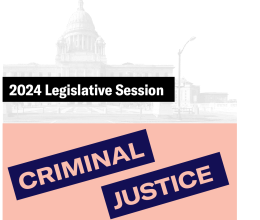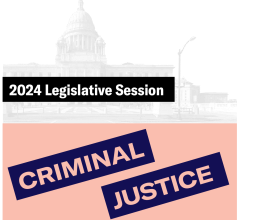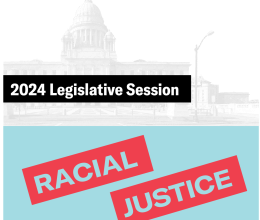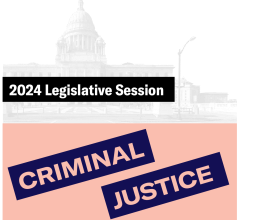The American Civil Liberties Union of Rhode Island, the R.I. Commission for Human Rights, and Rhode Island for Community and Justice today expressed concern about the latest results of a study finding racial disparities in traffic stops in the state, while expressing hope it would spur police departments to meaningfully tackle this persistent and troubling problem.
The report, prepared by Central Connecticut State University’s Institute for Municipal and Regional Policy, was in response to a state law enacted in 2015 reinstituting the collection of traffic stop data in response to continued community concerns about racial profiling. The report, examining data for 2016, found that black and Latino drivers are more likely than white drivers to be stopped, and are also more likely to be searched once stopped, even though they are less likely to be found with contraband.
These results mirror the consistent findings of previous studies in the state that had been conducted by Northeastern University over the course of more than a decade, ever since the R.I. General Assembly enacted its first anti-racial profiling law in 2000. Those earlier studies all found similar patterns of racial disparities in traffic stops and searches. The ACLU, RICHR and RICJ were among the stakeholder group comprised of police, government and community members, who over the past year have met to advise the planning for this new study.
The CCSU report singled out four police departments – Cranston, Narragansett, North Smithfield and Providence — and one state police barracks for additional scrutiny because of particularly high racial disparity rates. The three civil rights groups commend those departments for agreeing to work with CCSU to examine the disparities in more depth, but caution that every other police department needs to engage in similar reviews of their data to determine the cause of racial disparities in their own traffic stop enforcement.
Below are statements from the three civil rights organizations about the study’s results.
Toby Ayers, Executive Director, Rhode Island for Community for Justice: “One uniquely positive aspect of this research is the collaboration between community and police who meet regularly to advise the study process and discuss results. While five departments will be studied in depth, we recognize that many departments’ data revealed disparities at lesser levels. Ongoing dialogue between our groups will be helpful as departments examine how policies and practices affect policing ‘on the ground.’ It is important that community voices continue to be included as Rhode Island works to understand the reasons for racial and ethnic disparities in stops and searches, and how to reduce them.”
Michael Evora, Executive Director, R.I. Commission for Human Rights: “The Rhode Island Commission for Human Rights is honored to have been a participant in the police-community dialogue in respect to racial profiling for over two decades. While the 2016 Report identifies four municipal departments and one state police barracks as having more statistically significant racial and ethnic disparities in stops and searches, the Commission encourages the examination of policing patterns and practices by all departments with identified disparities, in furtherance of the goal of ensuring that all motorists on Rhode Island roads are treated equally.”
Steven Brown, Executive Director, American Civil Liberties Union of Rhode Island: “It is both sobering and discouraging to read yet another report documenting clear inequalities in the enforcement of traffic stop laws by police departments in the state. It has been almost two decades since community groups first persuaded the General Assembly that the problem of racial profiling deserved investigation and action. The sincere cooperation by police chiefs in this study is reassuring, but there must be a renewed effort to systematically root out this problem and adopt procedures to eliminate continuing racial disparities in the treatment of motorists. Our state’s commitment to equality under the law demands no less.”




